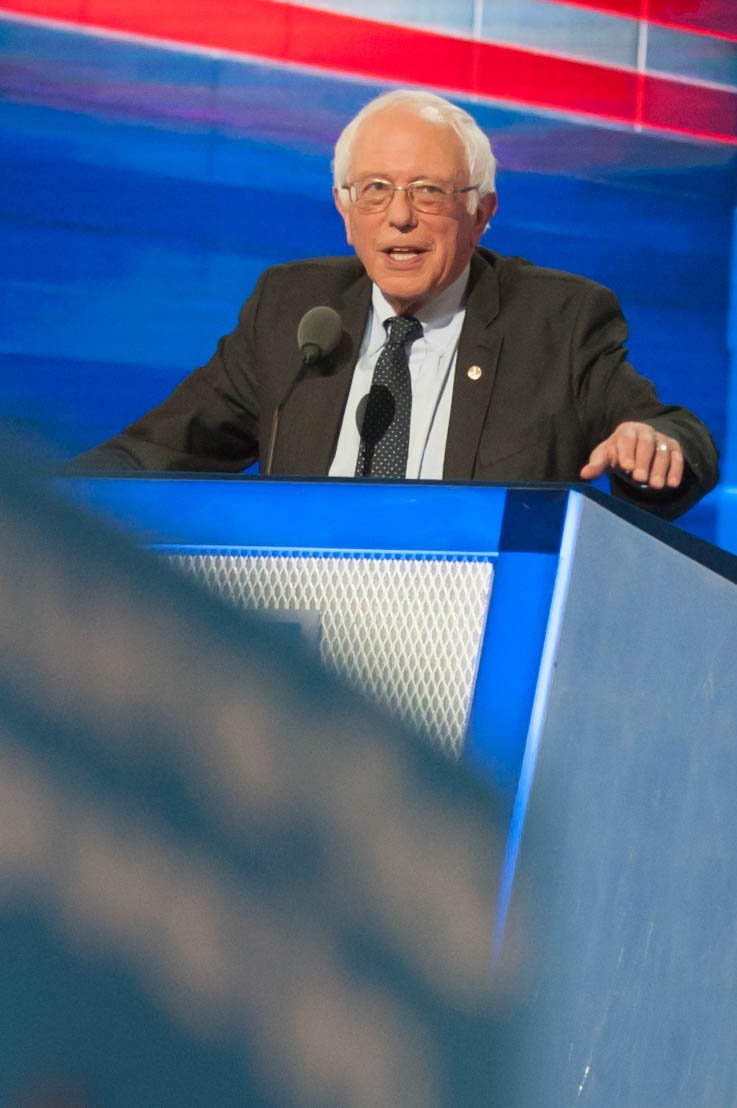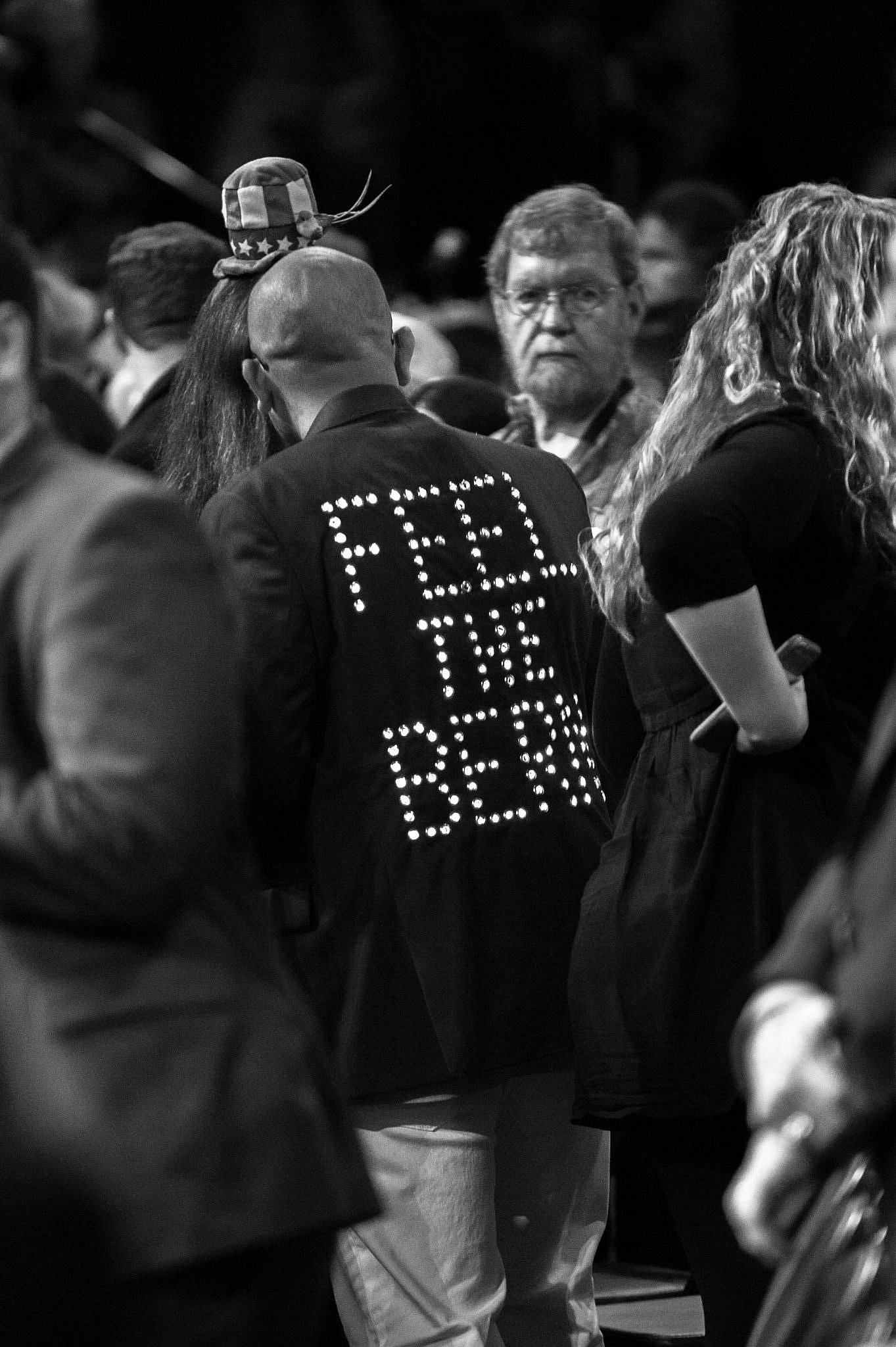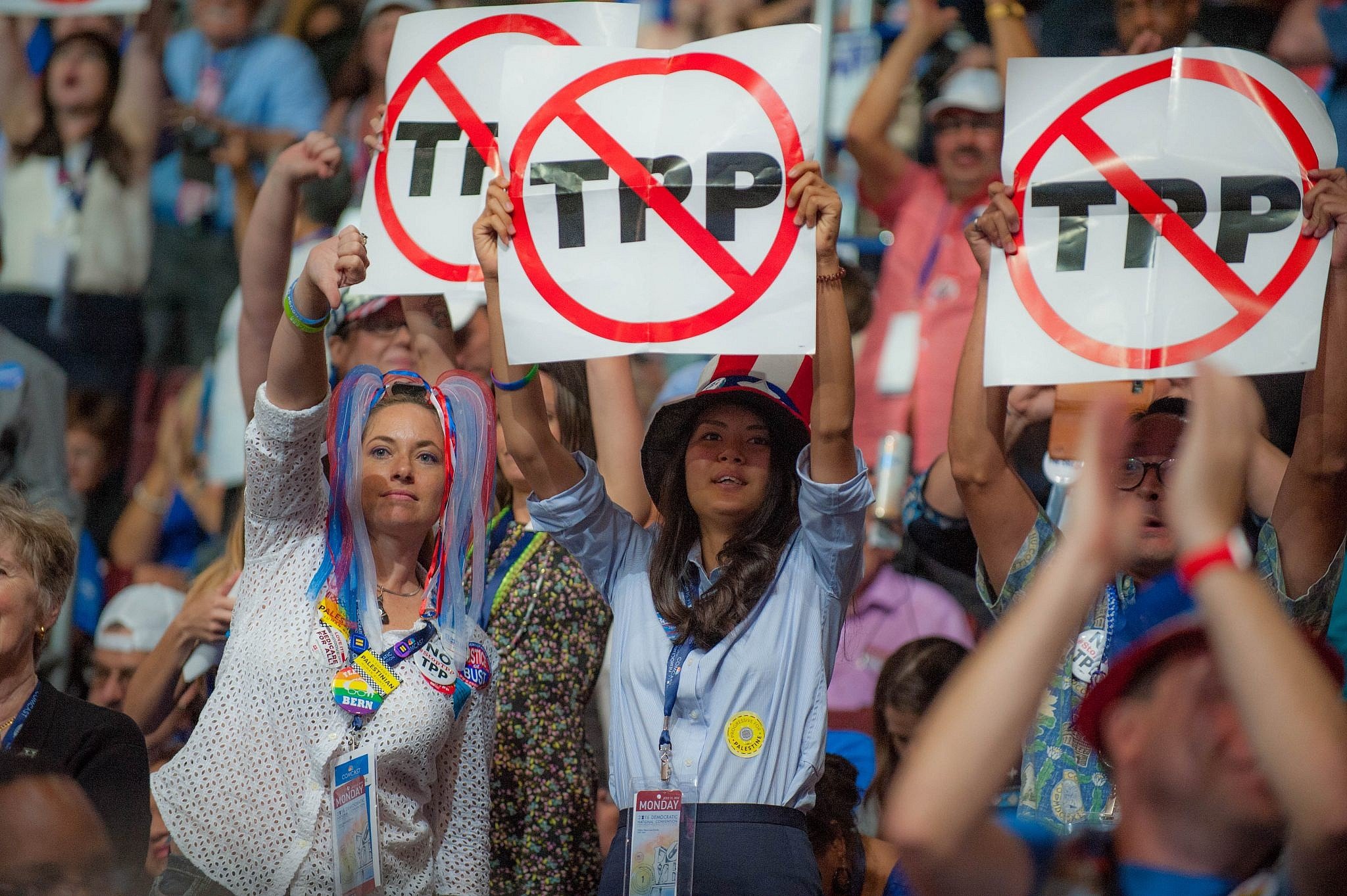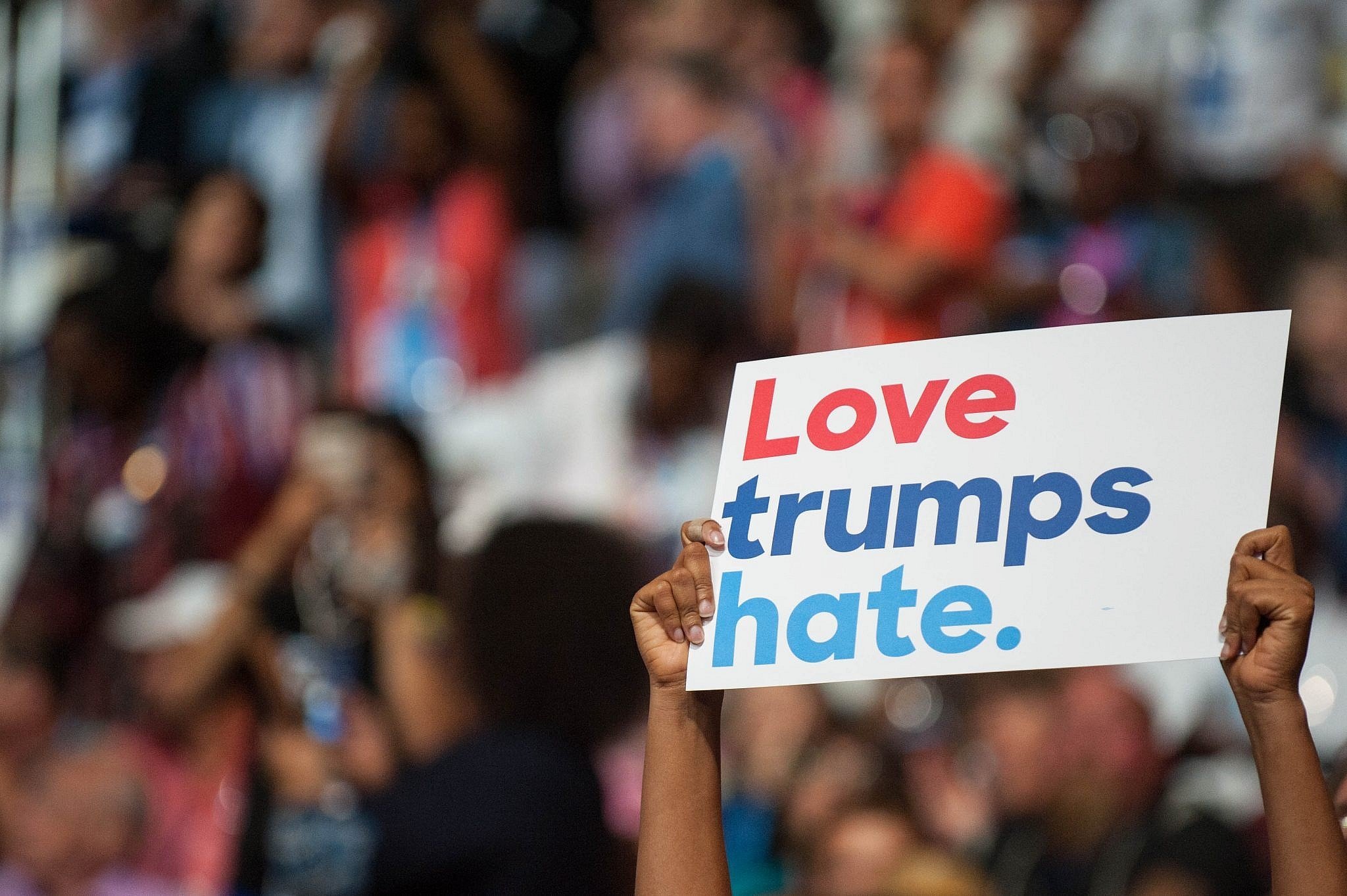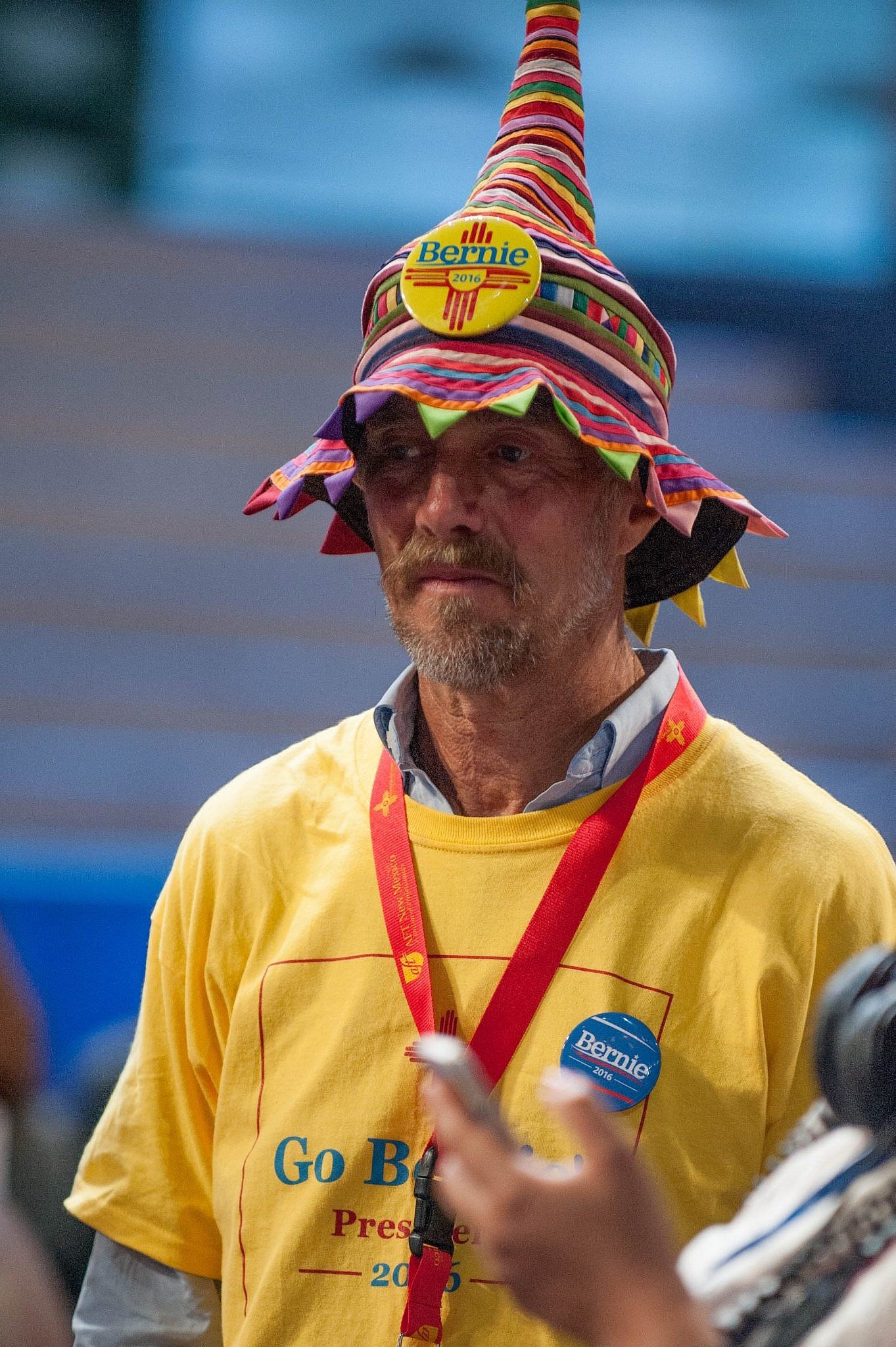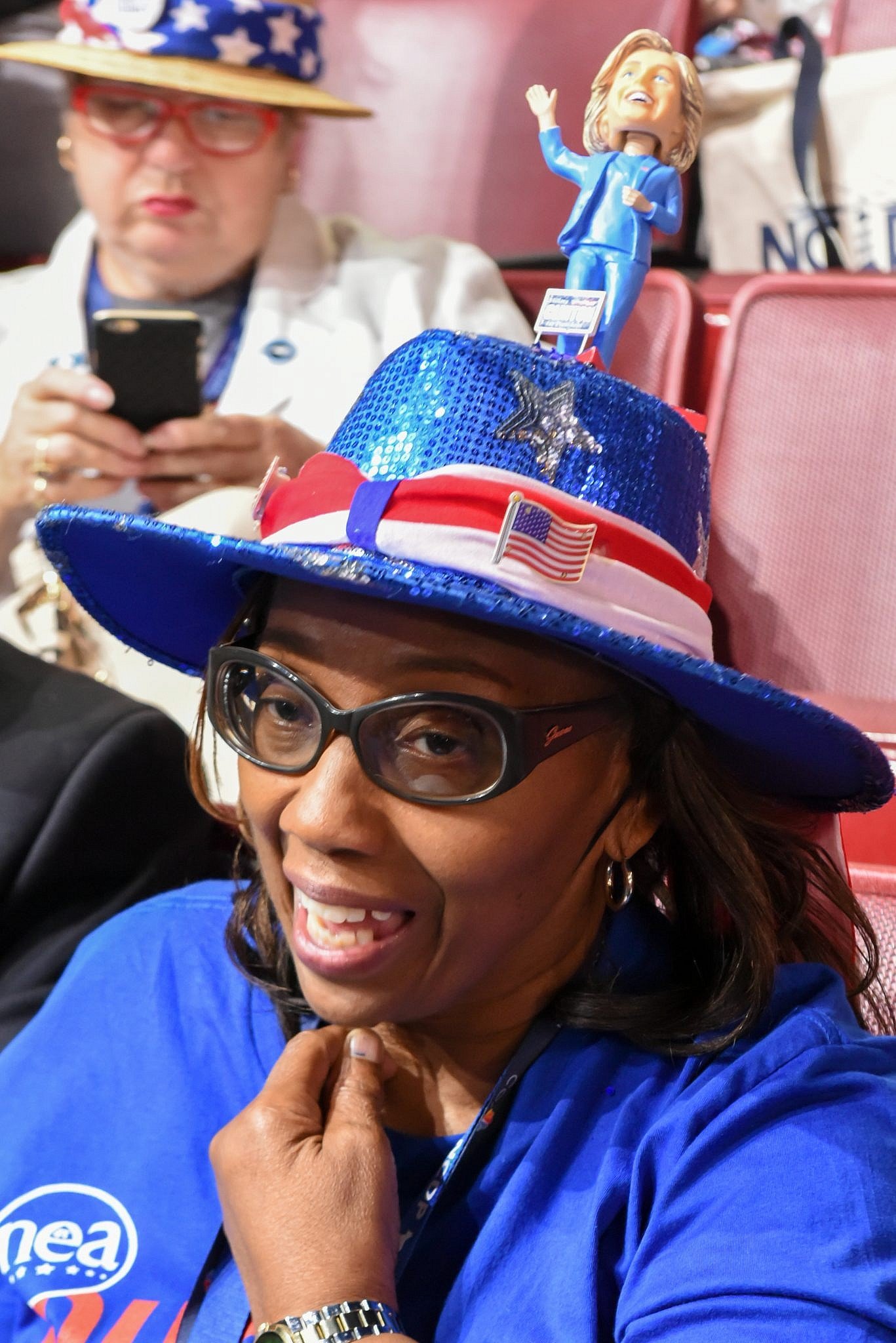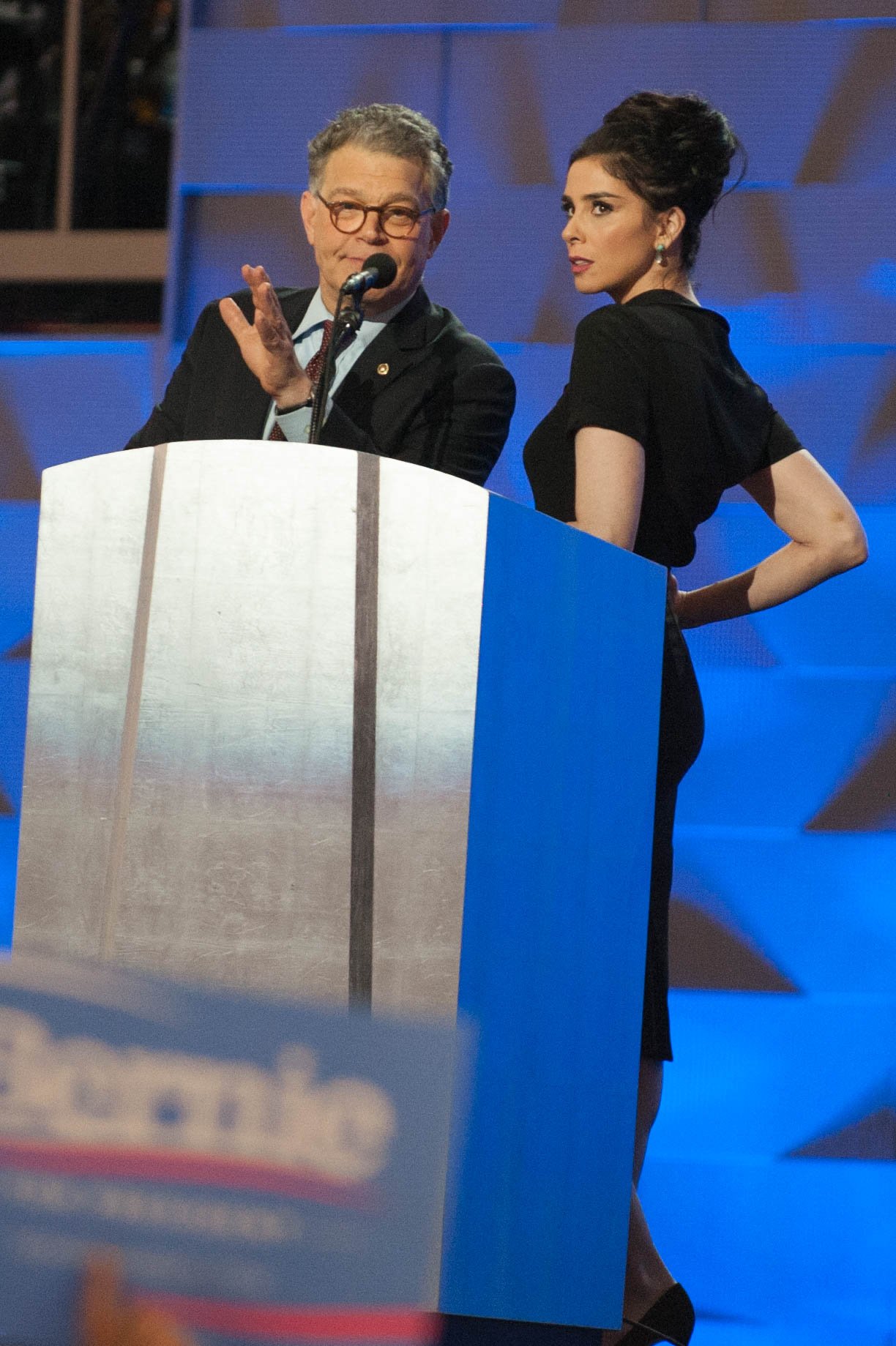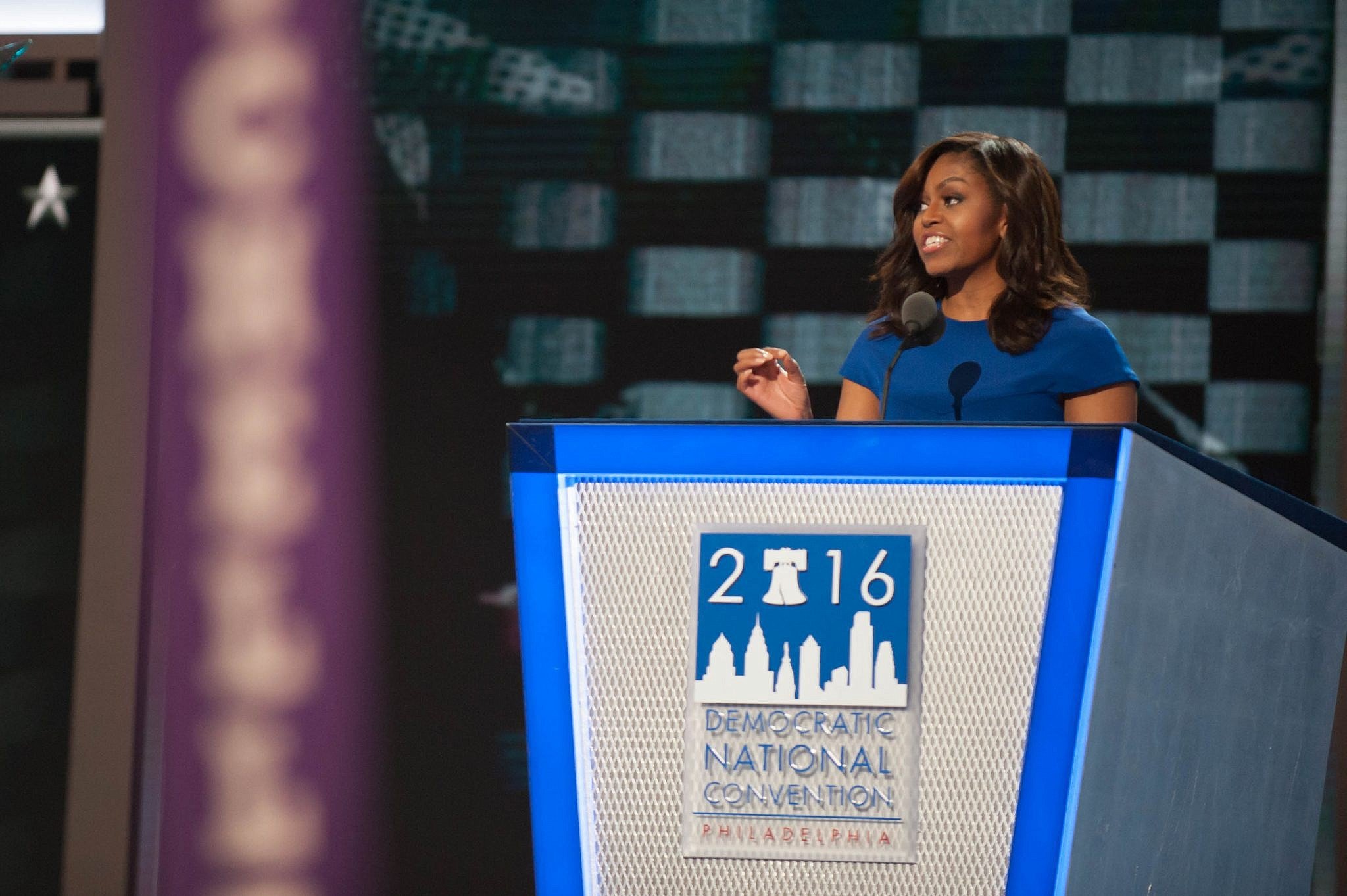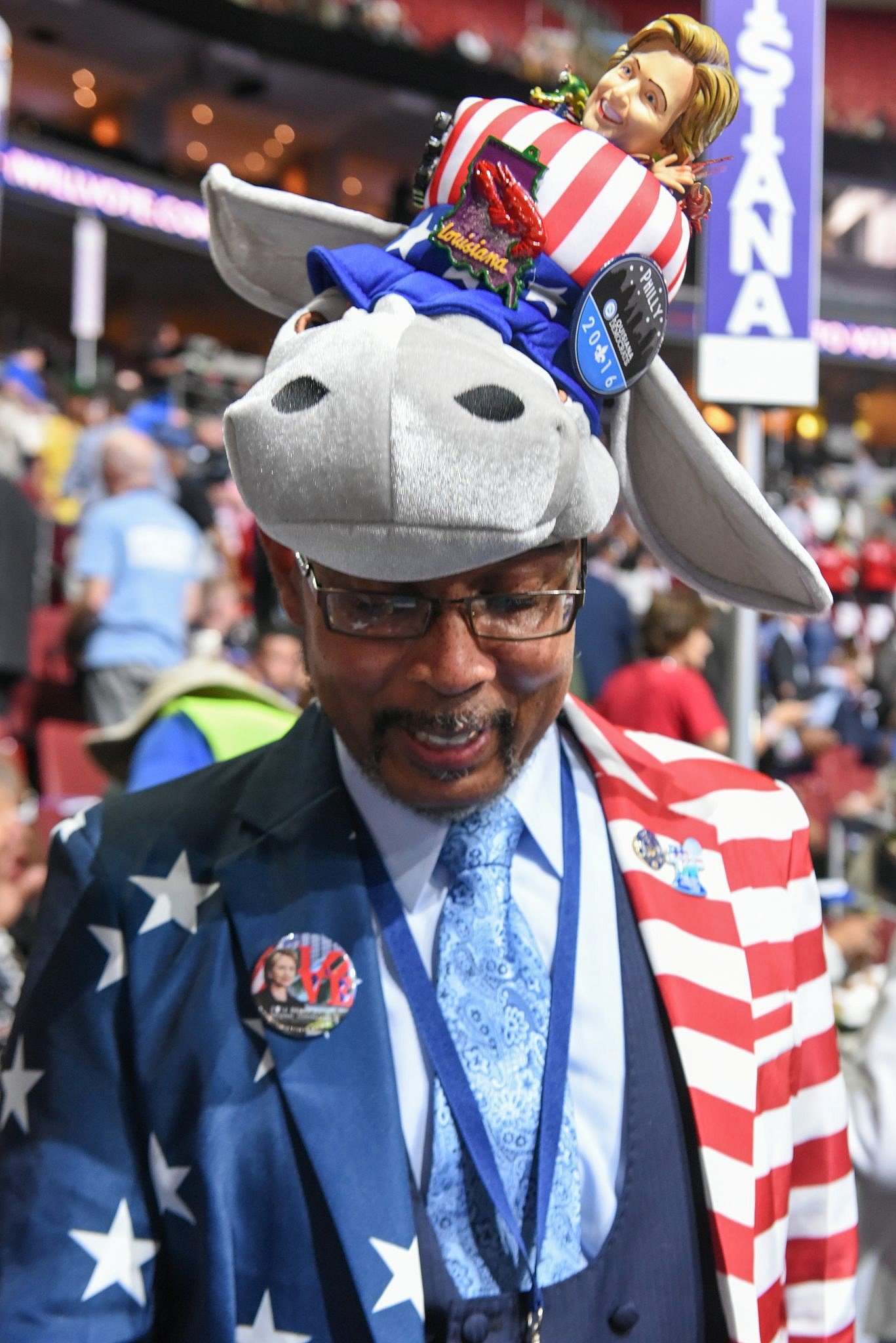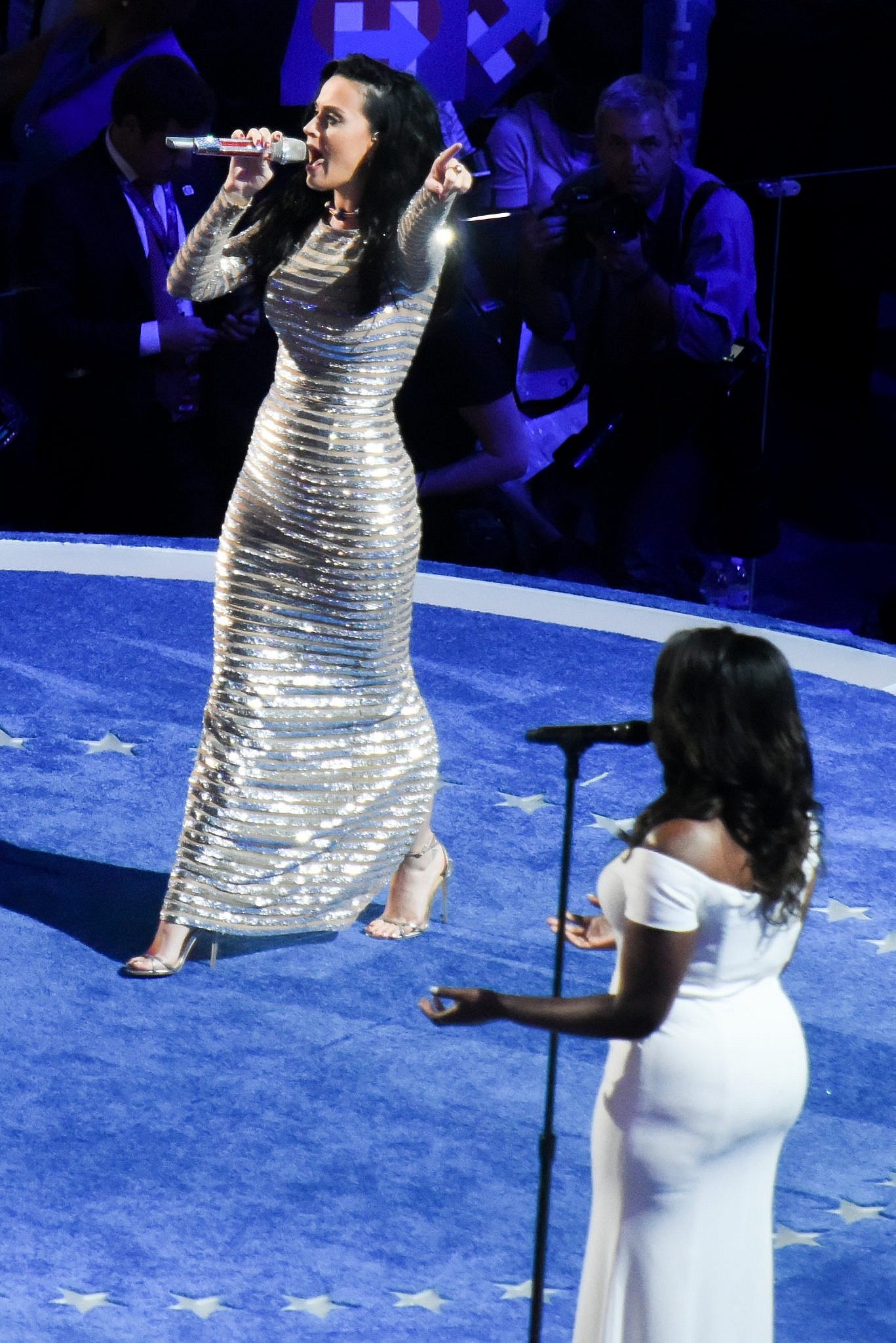The 2016 Democratic National Convention
I sat in the shade under Billy Penn as Bernie Sanders’ supporters swarmed City Hall in Philadelphia. Long an acknowledged curse for Philadelphia sports teams, the statue seemed a fitting start for the march of a doomed campaign’s 2nd place finish. The American Revolution took root in Philadelphia, and Hillary Clinton and the DNC had no intentions of letting the city lay claim to a second insurrection.
Sanders’ appearance here shocked many. A year earlier, the self-acknowledge socialist democrat barely registered in the polls with 11% of the primary vote. Then, with eerie foreshadowing, Sanders began to pick off key Clinton states, including Michigan, that propelled him to the City of Brotherly Love. And, whether through ignorance or hubris, the DNC missed the warning shot fired by the democratic base assembled in the heat.
Joyful in their anger and with a righteous middle finger pointed directly at the establishment, the marchers baked in 97 degrees and a sun that seemed to grow hotter by the minute. Marijuana smoke drifted through the crowd. Eventually, an overmodulated megaphone barked out instructions, and the march against the DNC’s perceived manipulation of the electoral system was underway.
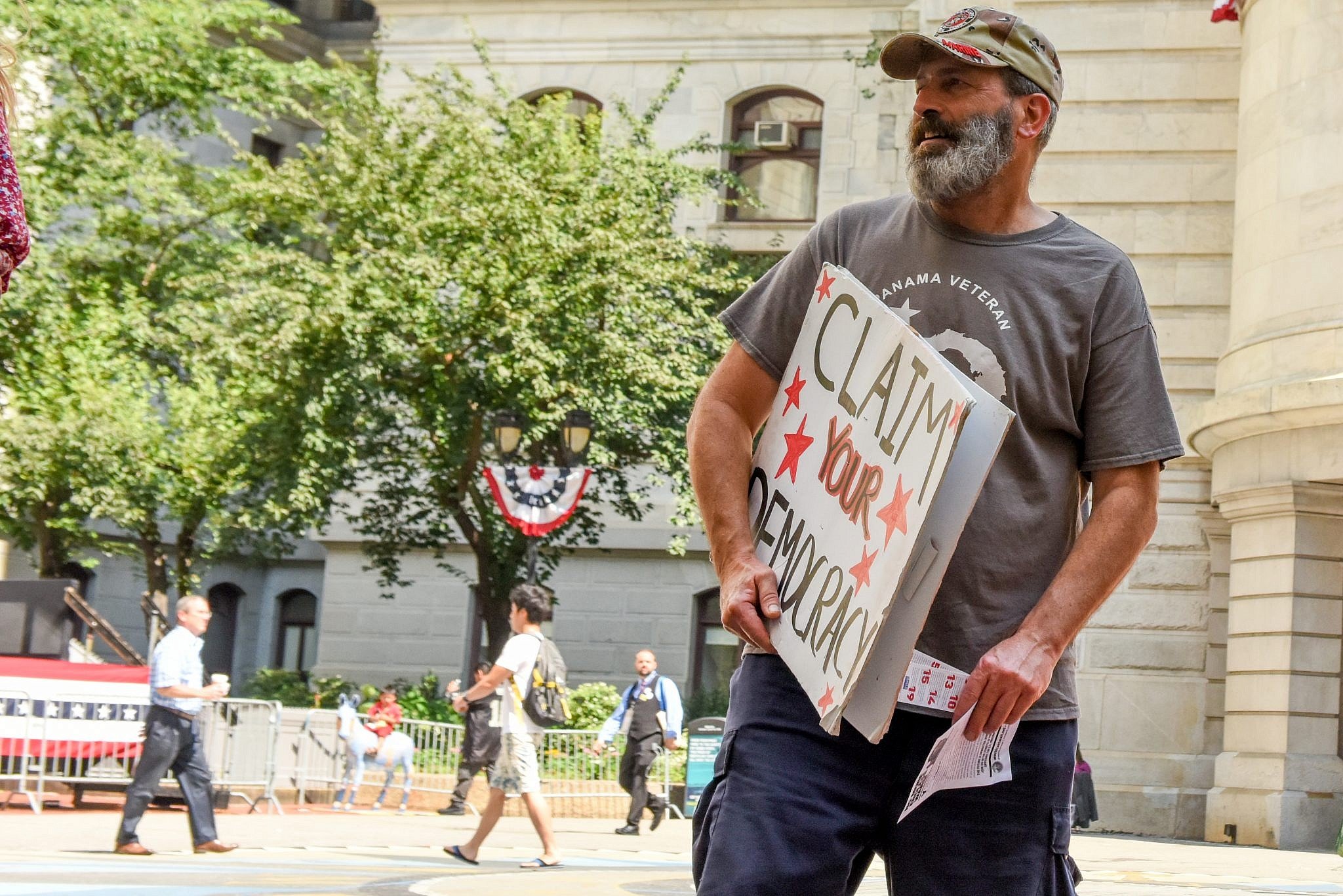
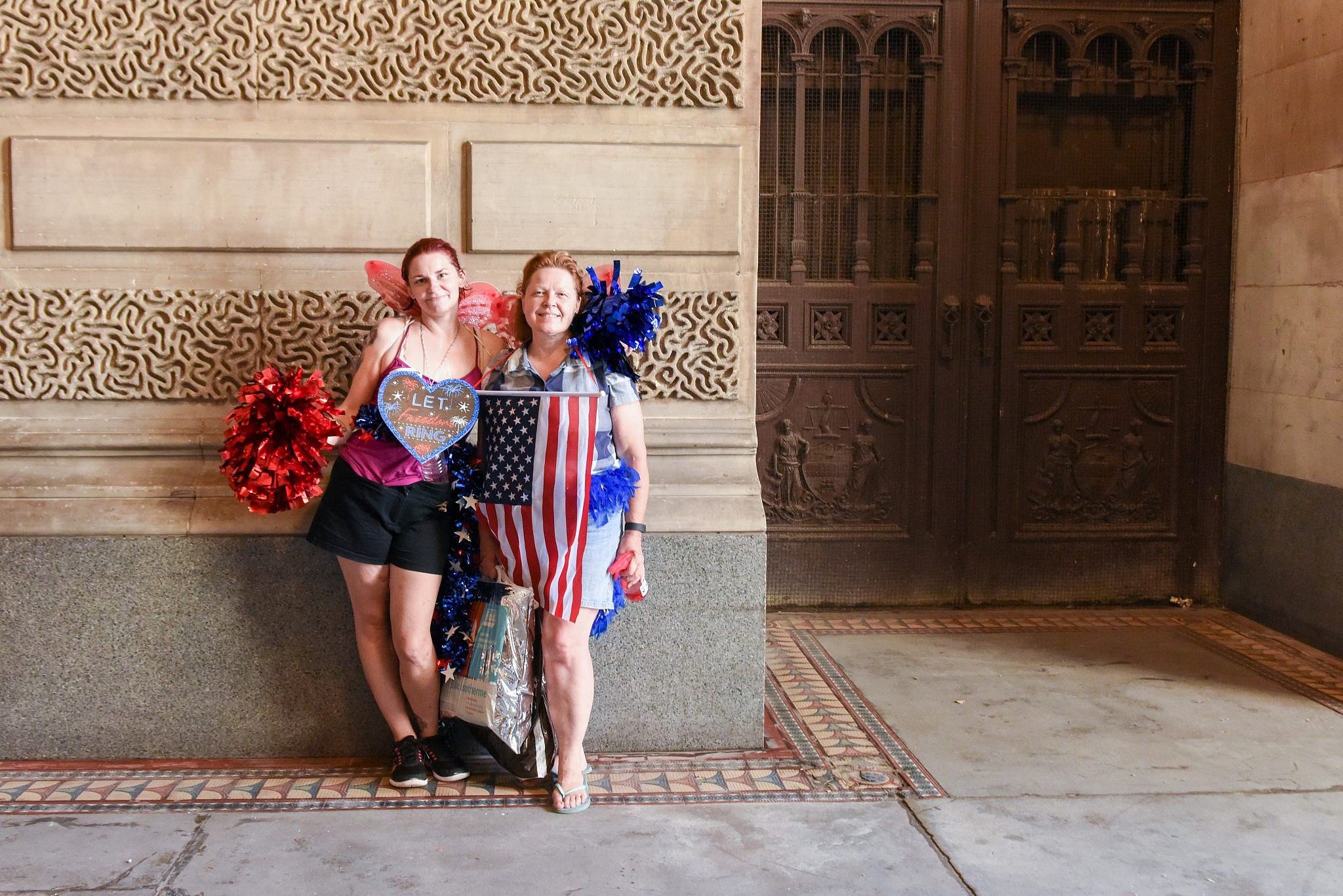
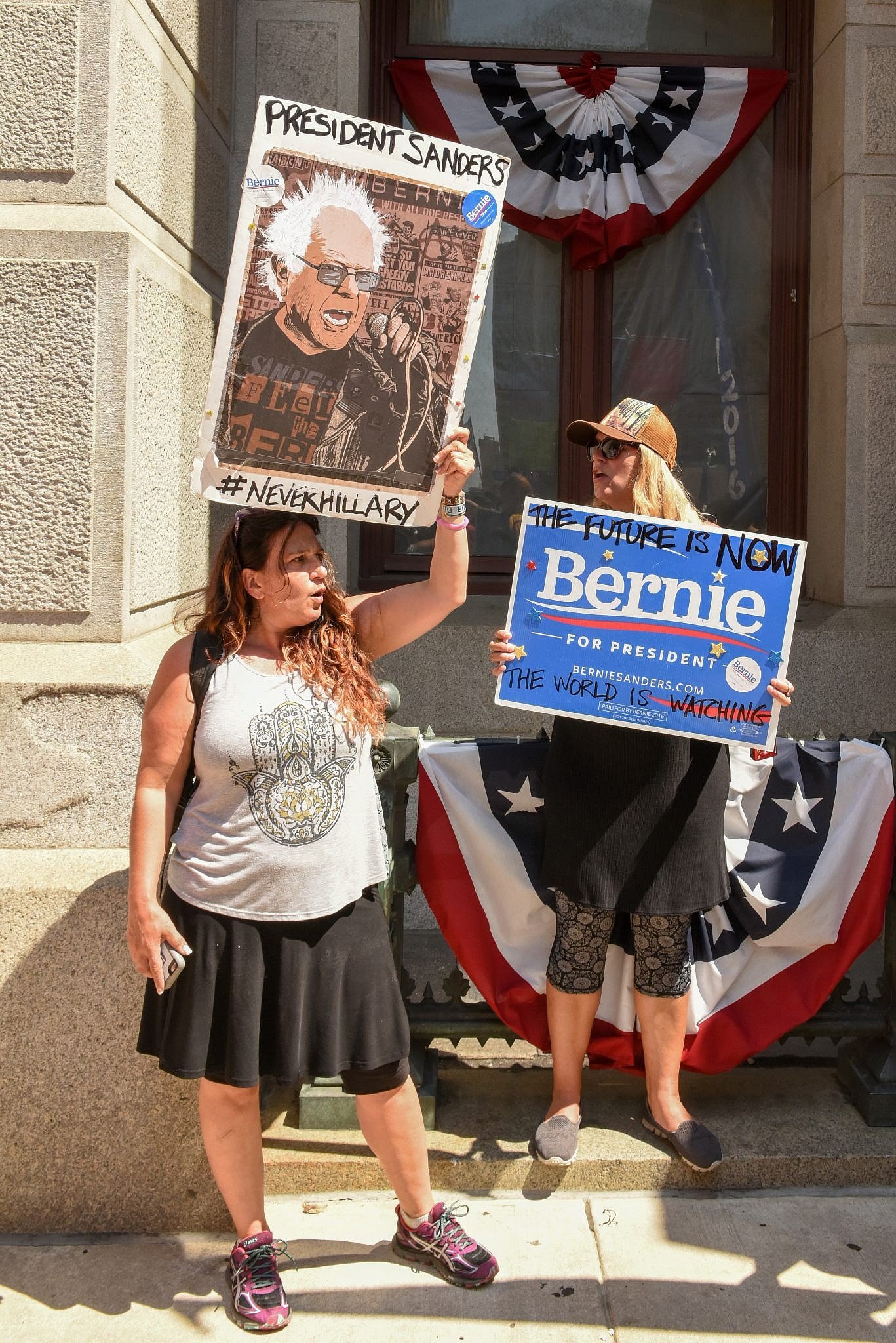
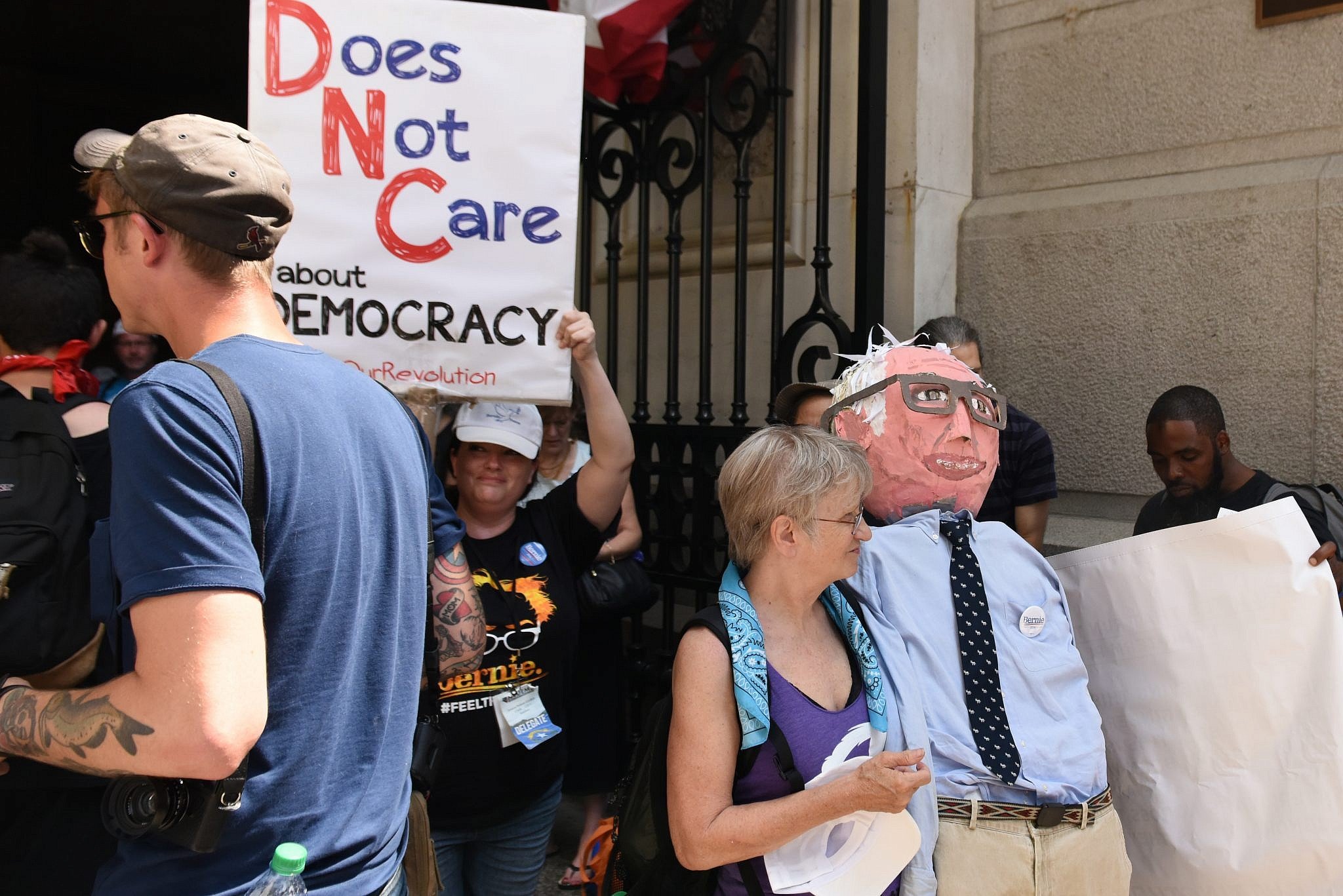
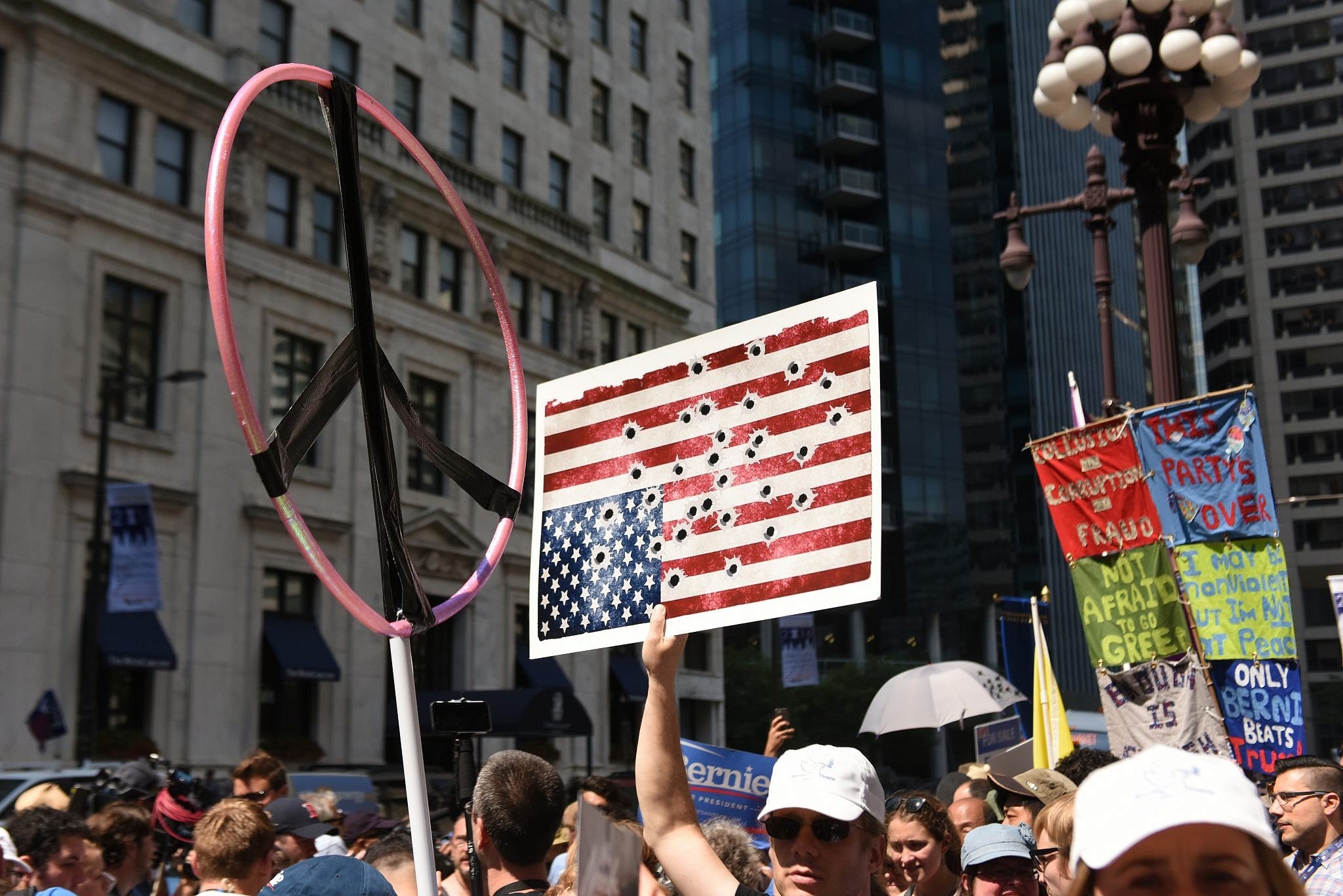
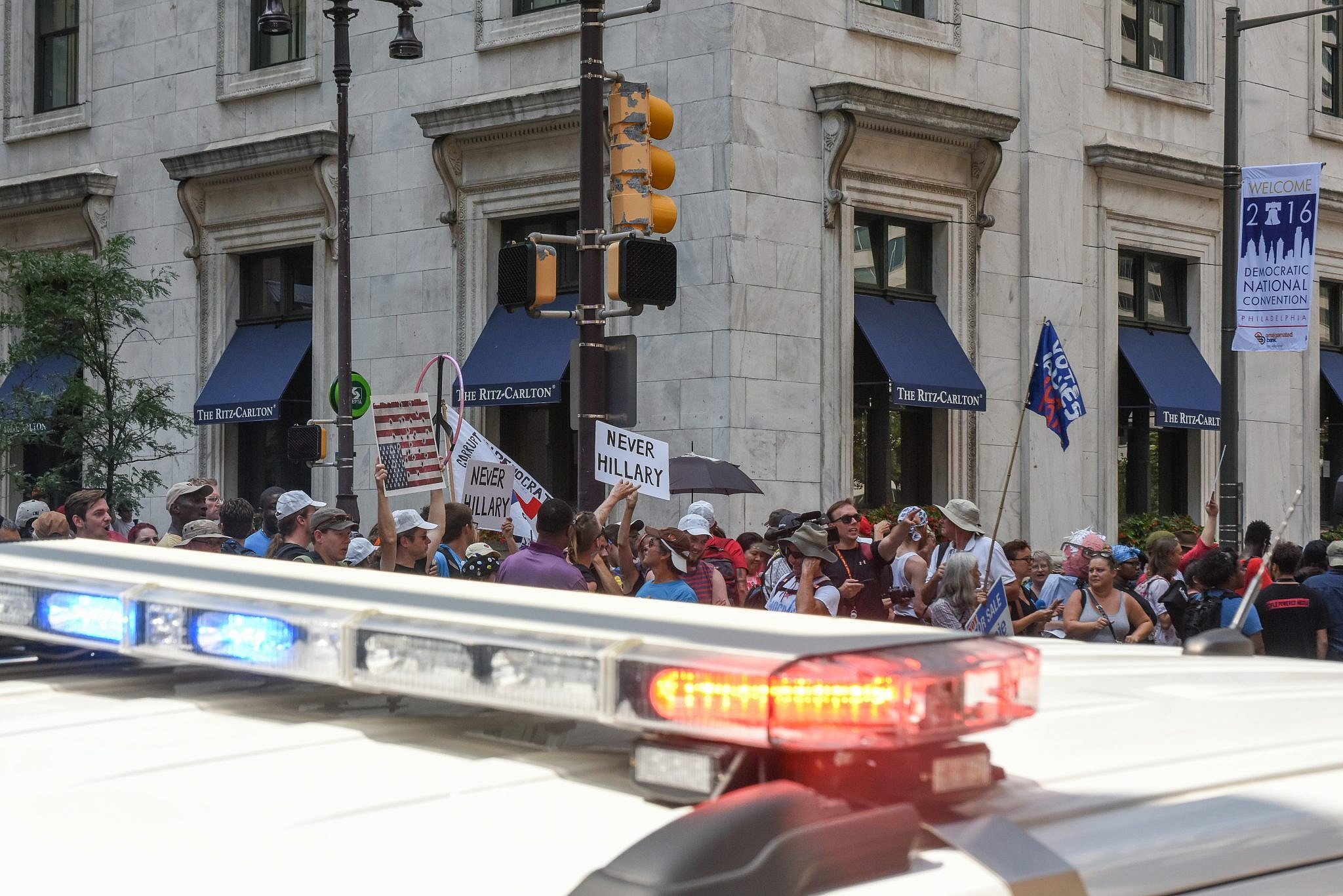
After sweating their way down Broad Street, following the same parade path reserved for the city’s sports heroes, Sanders’ delegates and supporters found themselves at the Wells Fargo center. Tired, hot, and frustrated, those with the coveted DNC lanyard filed their way into a contentious cauldron of red, white, and blue, ready to pick a fight.
While they may have missed the warning shot, the DNC and Clinton’s election team clearly felt dissension in the ranks. Behind the scenes, the camps had spent weeks ironing out the party’s platform and approach to winning over Sanders’ supporters. Clinton may as well have been a Giants fan at an Eagles game. That night, a deafening chorus of boos rained down from the rafters every time a speaker dared breathe the candidate’s name.
The pivot was masterful. With a disenchanted base and a party more fractured than a North Philly boxer’s nose, the DNC counted on unifying the party behind the destruction of a greater enemy. At least for a time, it worked. For most of us, there is only so much anger we can vent and vitriol we can spew, and after Sanders’ supporters had shaken the Wells Fargo Center like enraged hockey fans, they were (mostly) ready to acquiesce. Hours after his supporter’s march ended, Bernie Sanders emerged to acknowledge his delegates and electrify the entire DNC base with a rallying battle call to defeat Donald Trump.
Trump provided the perfect roadmap to unite angry democrats, insulting and dehumanizing the disabled, women, immigrants, veterans, and more on the campaign trail. In return, the DNC paraded impassioned speakers, democratic leaders, and celebrities onto a spotlit stage. Each would make the case against the Republican nominee while espousing democratic ideals.
On the final night of the convention, Hillary Clinton was formally nominated for President and the Democratic Party revealed ‘the Hillary Clinton story’ to a unified party of cheering delegates and an awaiting TV nation. The bright lights erected in the cavernous hall illuminated the newly nominated candidate and put a spotlight on her presidential platform.
Positioned as a strong, caring leader, she provided a hopeful vision of America compared to Trump’s dark portrait. She spoke of love, equality, and rising together. They were compelling words but delivered without Sanders’ passion and they lacked Obama’s eloquence. They were also words that no longer resonated with a key part of her base. A base that had begun to see the democrats as out-of-touch elitists and would ultimately cast aside her vision of hope for a new vision of change – regardless of the agent.
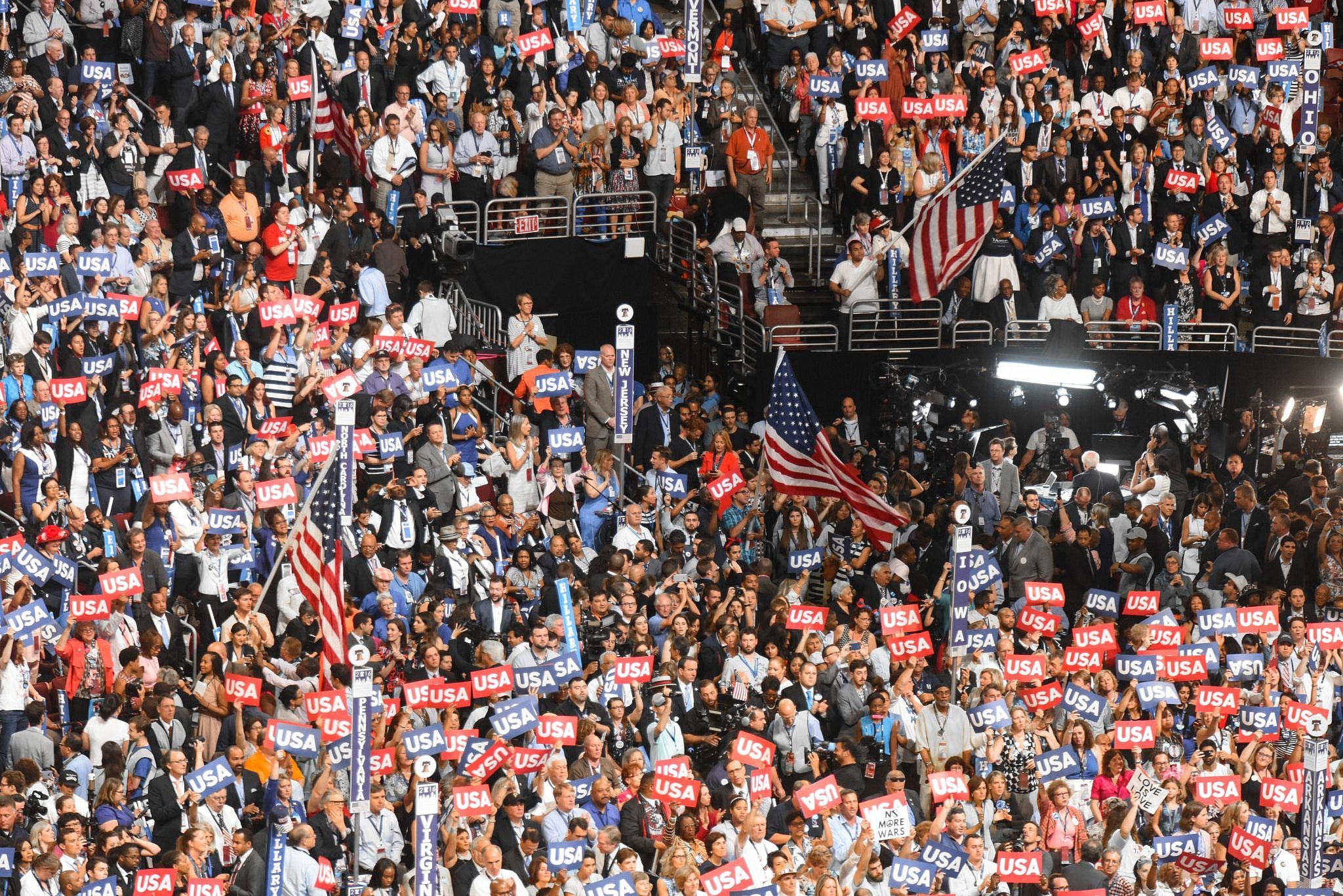
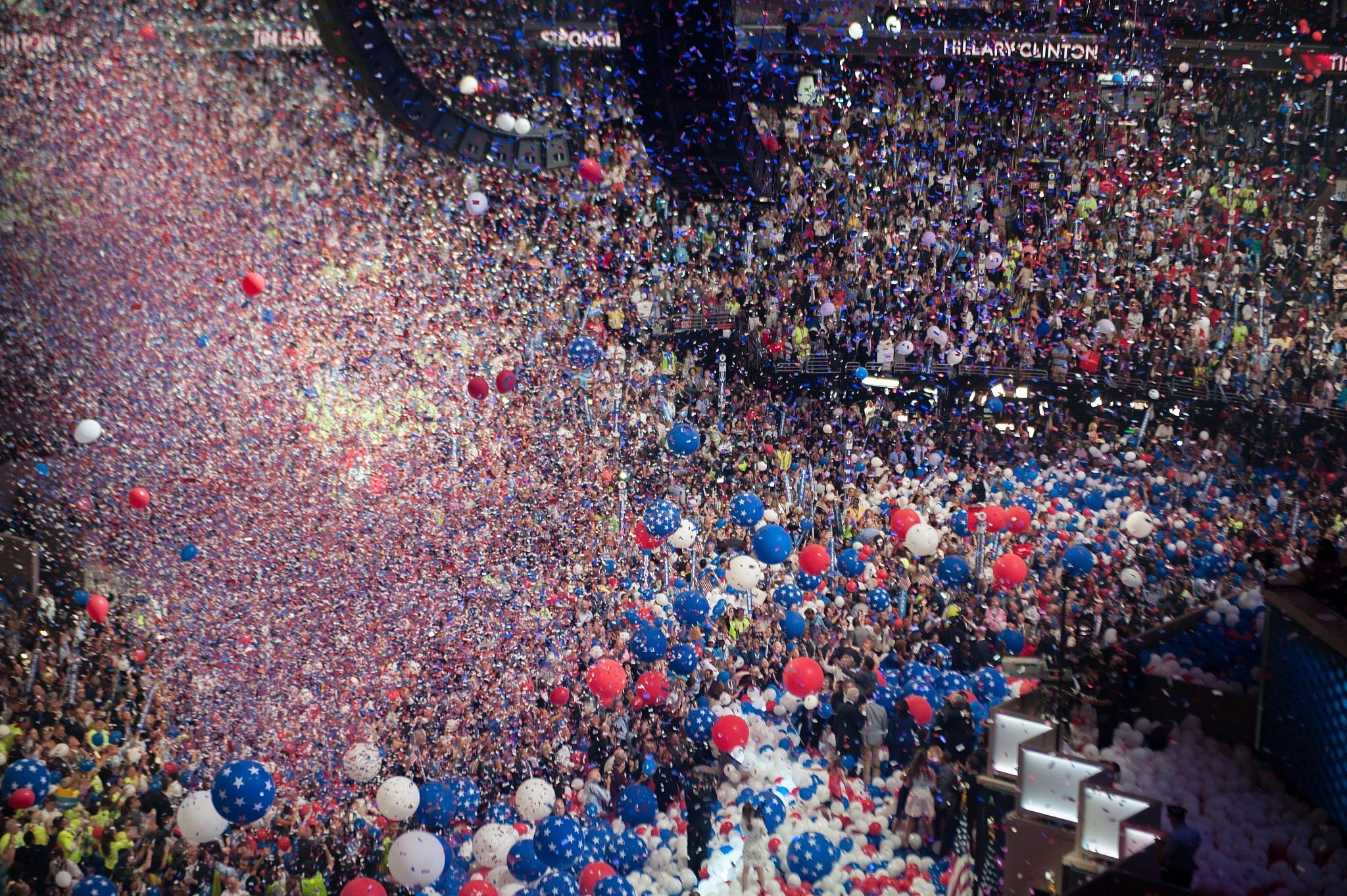
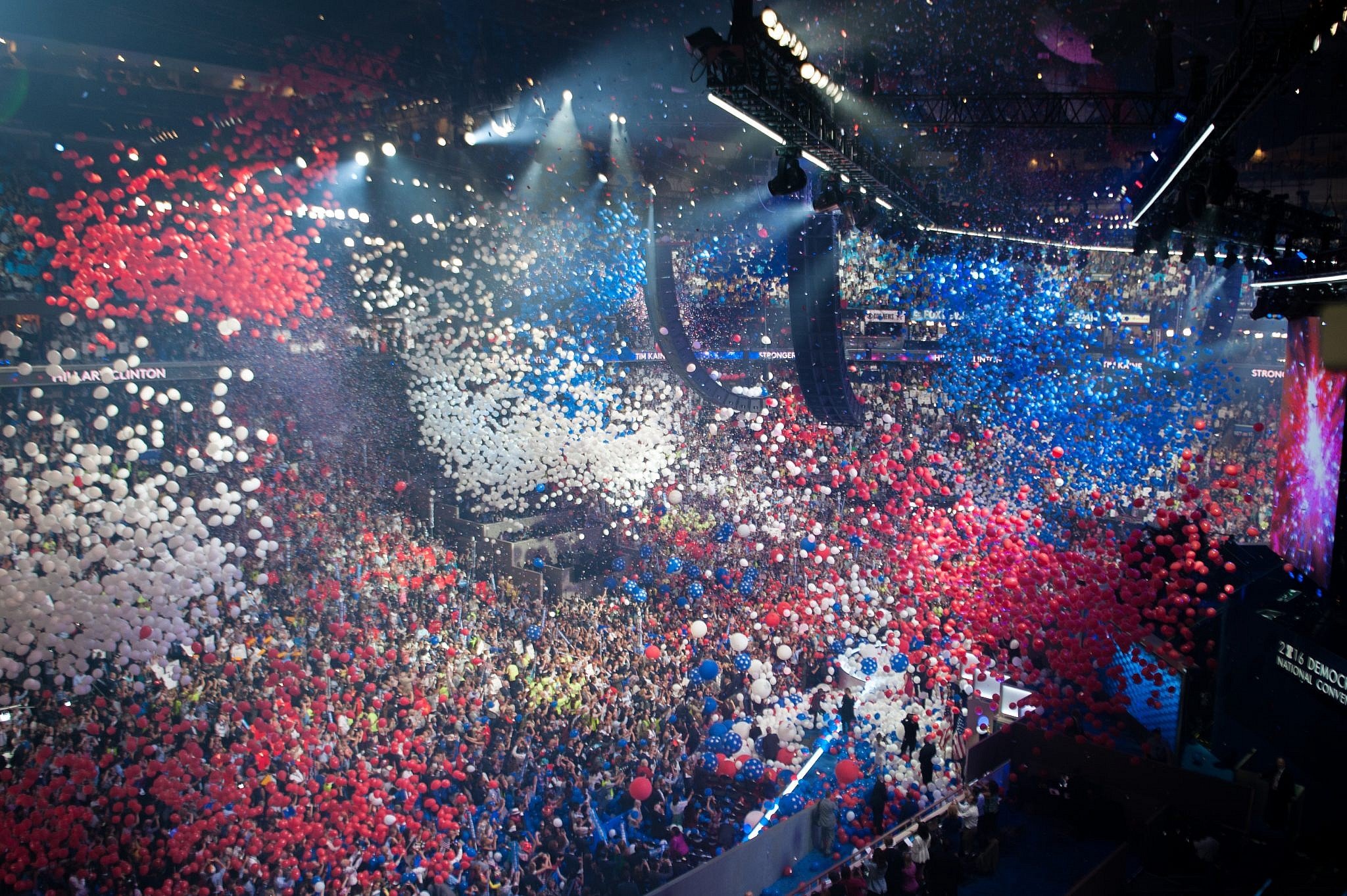
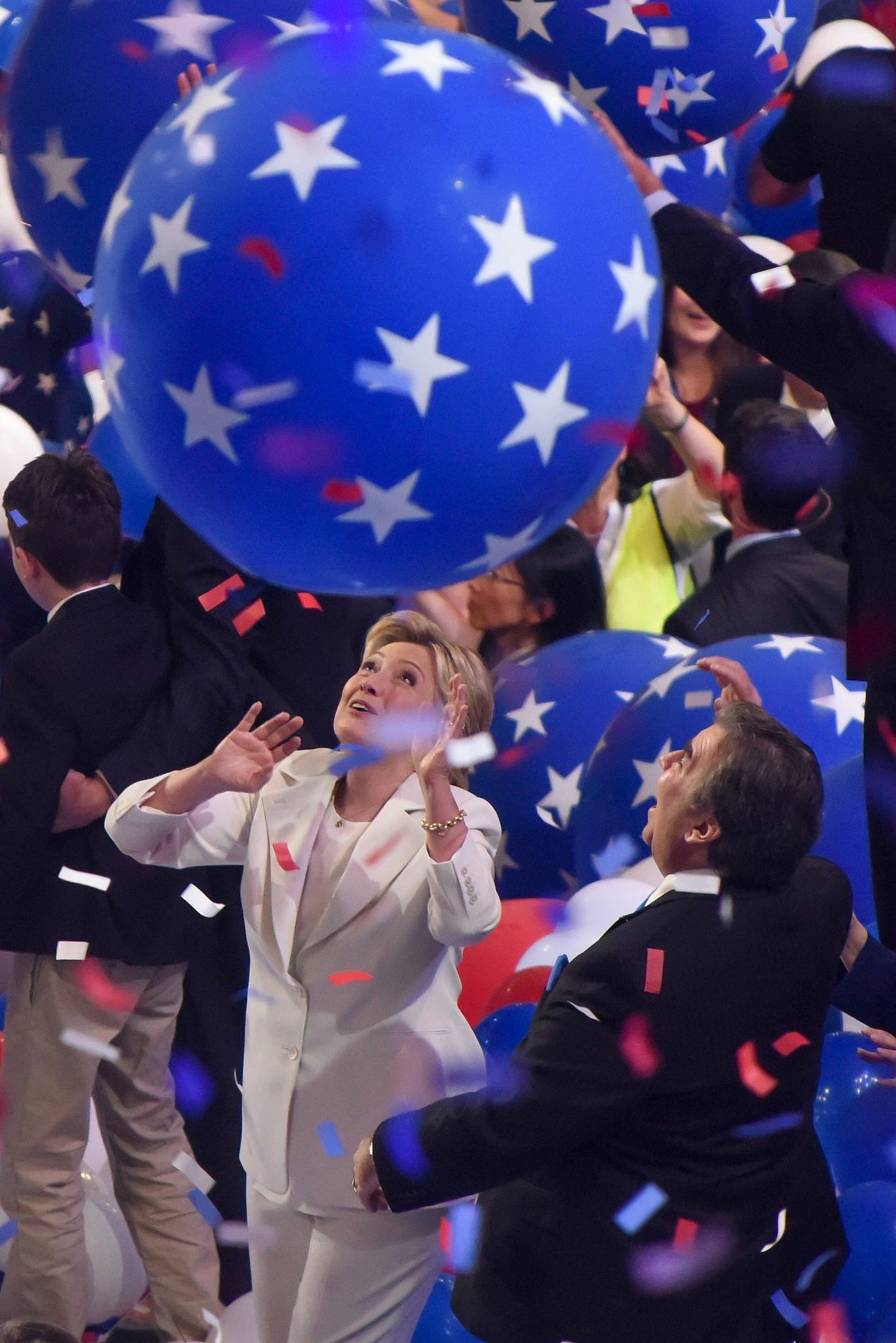
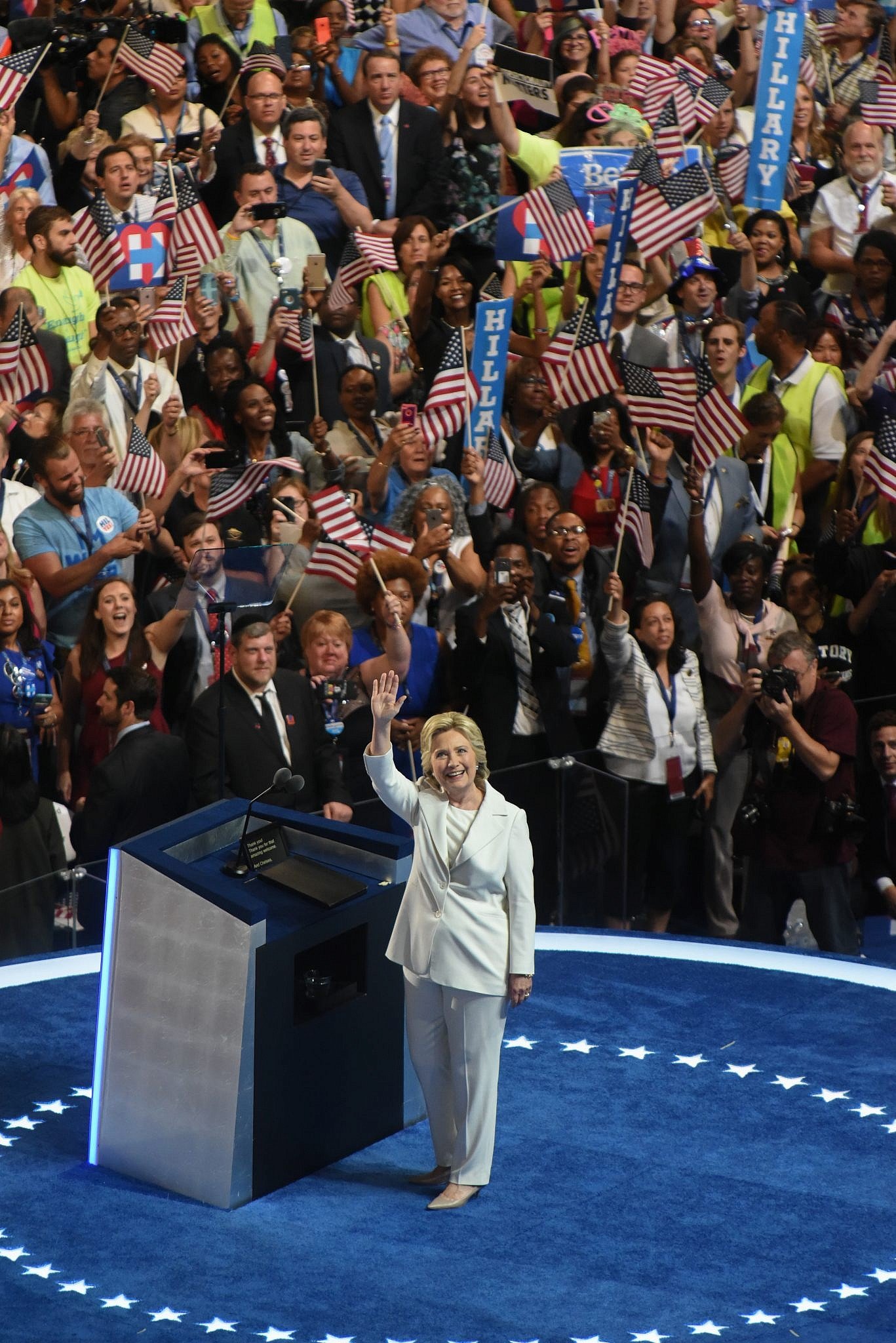
Hillary Clinton Becomes The First Woman To Accept A Major Party's Nomination For President
After a week of stirring speeches, a cascade of red, white, and blue balloons, and a big bump in the polls, the Clinton camp took to the campaign trail. There they would find admiration and admonition, delectation and discouragement, hope and hate.
In the end, however, too many voters could not connect personally with Secretary Clinton; the one-on-one engagement visible in her videos never played well on a national stage. Her missing charisma, the perceived detachment from the working class, and the undermining drumbeat from Wikileaks and the FBI ultimately prevented a great leader from reaching her fullest potential.


